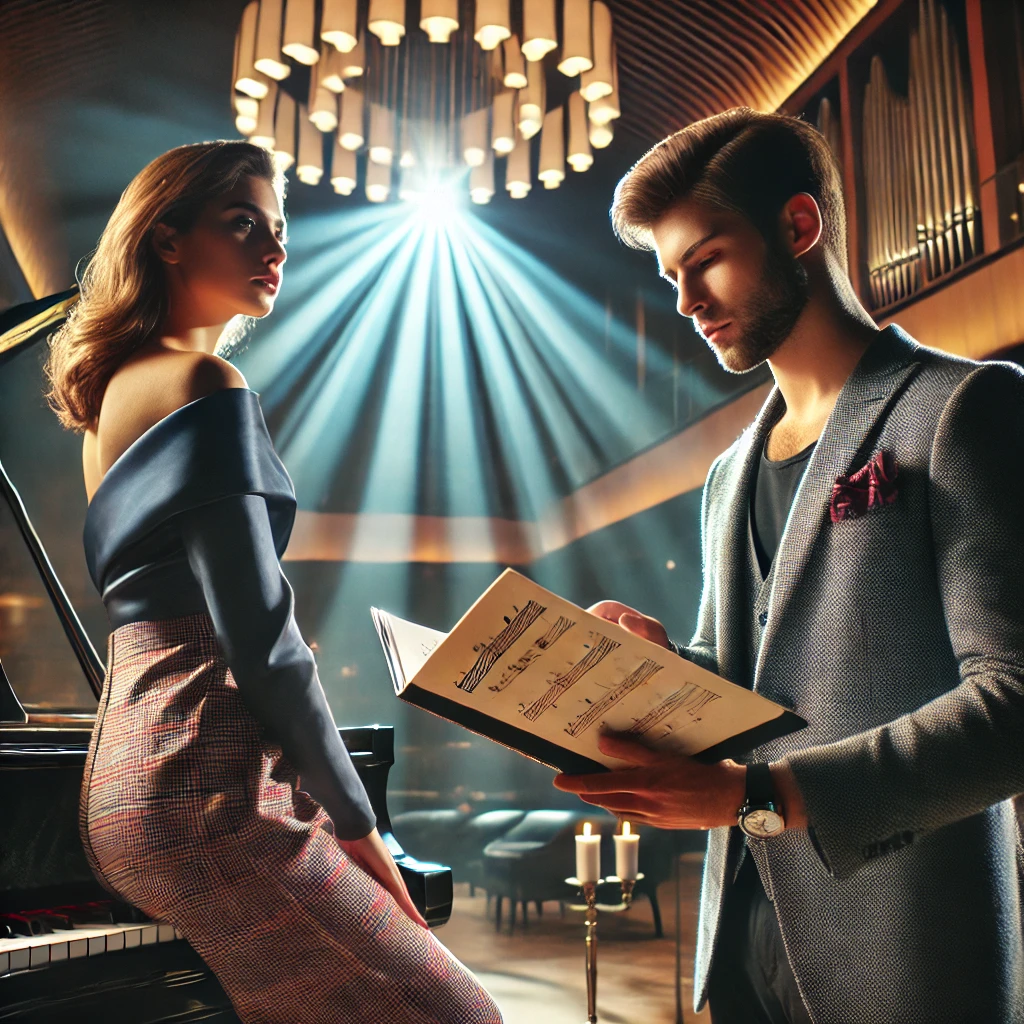Opera is a timeless and demanding art form that requires exceptional vocal technique, emotional depth, and dramatic expression. Daniel Larscheid, an accomplished independent singer, brings a contemporary perspective to the traditional art of opera, offering invaluable lessons for modern singers.
Embracing Vocal Technique
One of the core elements of opera singing is mastering vocal technique. Larscheid emphasizes the importance of foundational techniques, such as breath control, vocal placement, and resonance. “Opera singing demands a powerful and controlled voice,” he explains. “Proper breath support is crucial for sustaining long phrases and achieving dynamic variation.”
Larscheid’s tips for improving vocal technique include:
- Breath Control: Practice diaphragmatic breathing to enhance breath support and control.
- Vocal Exercises: Incorporate daily vocal exercises to strengthen the vocal cords and improve flexibility.
- Posture: Maintain good posture to allow for optimal breath flow and vocal projection.
Interpretation and Emotional Connection
Opera is not just about vocal prowess; it’s also about conveying deep emotions and telling a story. Larscheid stresses the importance of connecting with the character and the narrative. “Each aria is a dramatic monologue,” he says. “You need to immerse yourself in the character’s emotions and motivations.”
To enhance interpretation and emotional connection, Larscheid recommends:
- Character Study: Delve into the character’s background and psychology to understand their motivations.
- Emotional Memory: Use personal experiences to connect with the emotions expressed in the aria.
- Acting Techniques: Incorporate acting techniques to enhance dramatic expression and stage presence.
Modern Adaptations and Innovations
Larscheid believes that while traditional techniques are essential, modern singers should also embrace innovation. “Opera is evolving, and modern productions often incorporate contemporary elements,” he notes. “It’s important to be versatile and open to new approaches.”
His advice for embracing modern adaptations includes:
- Versatility: Be open to performing in various styles, from classical opera to modern musical theatre.
- Technology: Utilize technology, such as microphones and amplification, to adapt to different performance settings.
- Collaboration: Collaborate with directors and composers to bring fresh perspectives to traditional works.
For a backstage pass to all my musical adventures and artistic musings, follow me on Facebook, Youtube , Chrunbase, Linktree, Twitter, and LinkedIn. Let’s stay connected and keep the creativity flowing!

